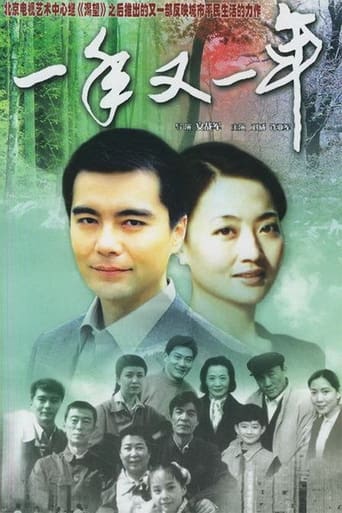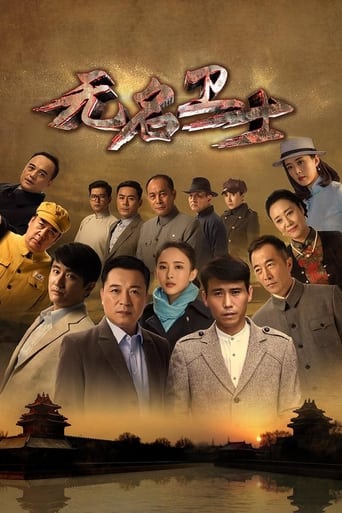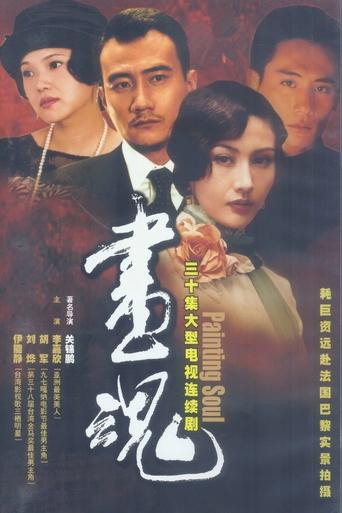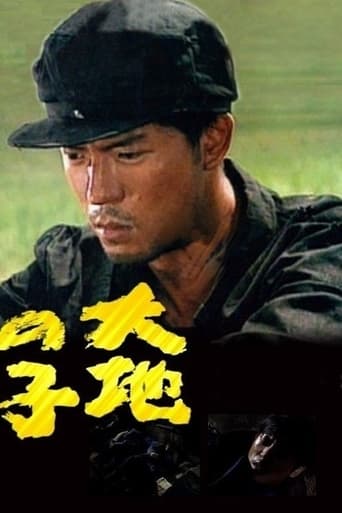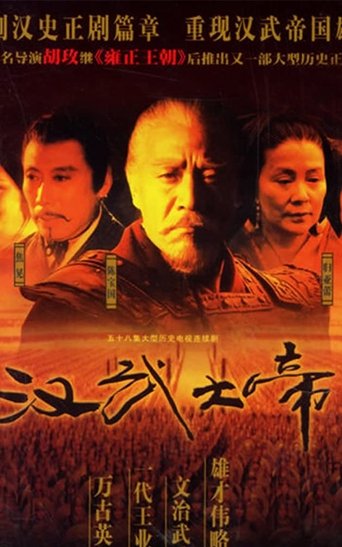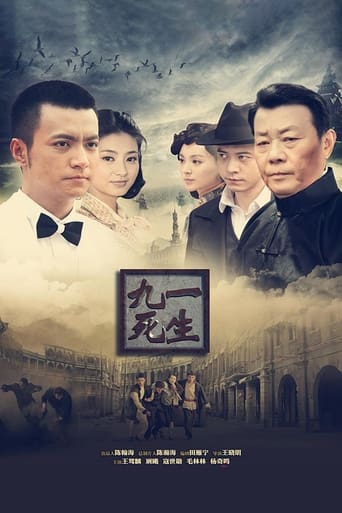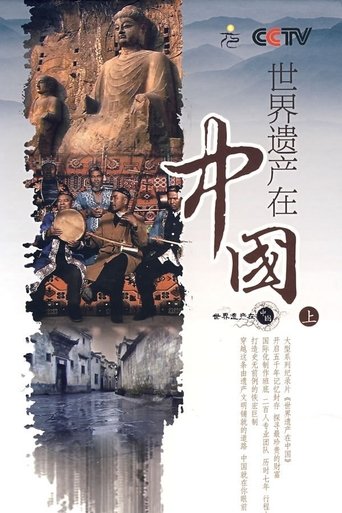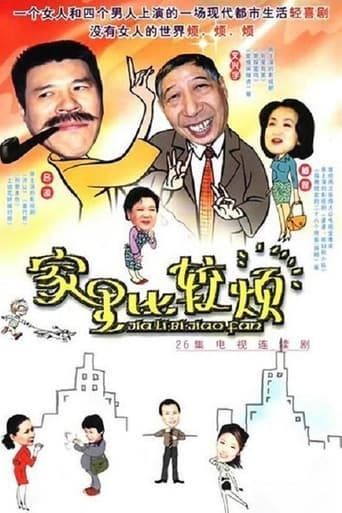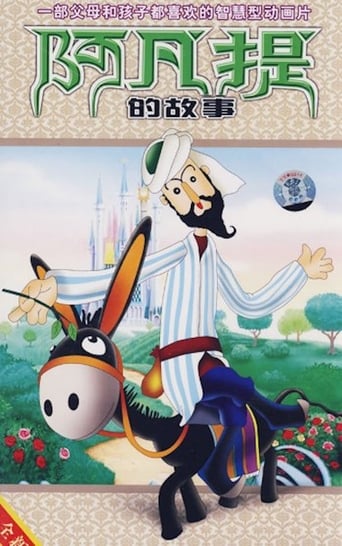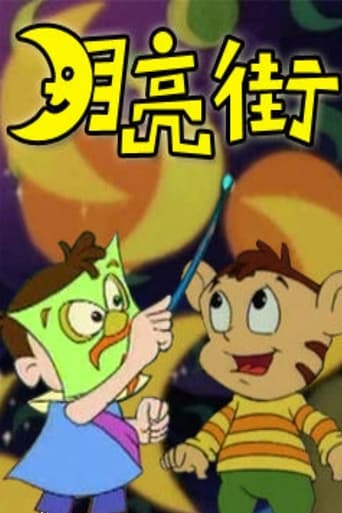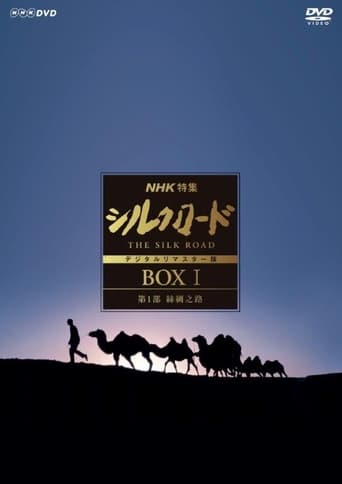CCTV
The Return of the Condor Heroes 2006
The Return of the Condor Heroes is a Chinese television series adapted from Louis Cha's novel of the same title. It is the second installment of a trilogy produced by Zhang Jizhong, preceded by The Legend of the Condor Heroes and followed by The Heaven Sword and Dragon Saber. It was first broadcast on 17 March 2006 in China and subsequently broadcast in other Asian countries such as South Korea, Taiwan and Singapore.
Year After Year 1999
Journey to the West – Legends of the Monkey King 1999
Sun Wukong, who was born from a magic stone, has been imprisoned underneath a mountain for five centuries for his mischief in the heavens. One day, the Guanyin told Monkey that the Monk Tang Sanzang will set him free and Monkey will join him on a pilgrimage from China to India. The next day, Tripitaka came and set Monkey free, and the two started their Journey to the West. Along the way, they meet two new friends, Zhu Bajie and the Hermit Sha Wujing, who join them on the journey; together, they face many dangers and evil creatures and sorcerers and learn to get along.
无名卫士 2019
Gindalai 2008
A Sentimental Story 1994
Fang Yan and Du Mei experience a profound and unforgettable love, just like any other couple, through a series of quarrels, breakups, and reconciliations. Initially, their relationship is rocky. First, Du Mei misunderstands that Fang Yan already has a girlfriend, and later, she subtly hints that she is attending a dance, indirectly inviting Fang Yan to be her partner. However, more misunderstandings follow, leading to a stalemate in their relationship.
汉武大帝 1970
Han Wu Da Di, also released under the title The Emperor Han Wu in some countries, is a 2005 Chinese television series about the life of Emperor Wu of the Han Dynasty, and is based on the historical texts Records of the Grand Historian and Book of Han.
Journey to the West (English Dubbed Version) 2020
Journey to the West is a Chinese television series adapted from the classical novel of the same title. The series was first broadcast on CCTV in China on 1 October 1986. The series became an instant classic in China and is still being praised as the best and most authentic interpretation of the novel. Unadapted portions of the original story were later covered in the second season, which was released in 1999. In 2020, these series were dubbed in English.
九死一生 2013
World Heritage In China 2008
"Every estate is unique. Like Coliseum, an arena not only so in Italy, but all over the world on an ancient Roman arena. Great Wall of China, Dujiangyan, Huangshan, also opera ...... is the world's only our movie is hard to interpret the intentions behind these substances to the image of the 'unique' reason can not be copied, and its history along the way from the tortuous experience. "" documentary records themselves are in need of guide words "language, not a tourist manual, so this is not a purely beautiful piece. Crews find and organize is a story of a rich history, "boring narrative and interesting coincidences in history." In the face of the vicissitudes of the scene, with their efforts to understand the cultural and spiritual being numerous times to pay tribute to these antiquities, ruins to explore every tortuous experience in historical events. We look through the lens of their hands is not only seen
家里比较烦 2000
Love Song in Winter 1970
Since the anesthesiologist Lu Yan “runs into” her dead college friend Deng Man during a night shift, strange things around her occur successively. As the investigation proceeds, the detective Jiang Chengyi, Lu Yan’s ex-boyfriend from many years ago, is embroiled in it, and the long-hidden truth of eight years is gradually revealed.
Story of Effendi 1979
With exaggerated characters and humorous dialogue, the goateed Afanti is a hero for all times. Afanti uses his clever wisdom to help the little people and make fools of the bad and greedy. He hates wrongdoers and has no qualms about playing rough when it's time to punish them. The character has long been a popular folk hero in Xinjiang and other Turkic areas. This 1979 animated series brings Afanti to life with stop time animation and puppets. The series won the Ministry of Culture's award for best cartoon in 1979 and was screened at the 1991 Chicago International Children's Film Festival.


